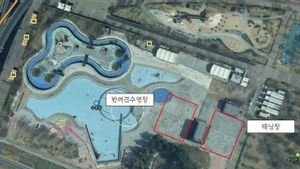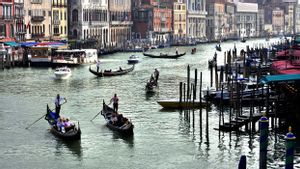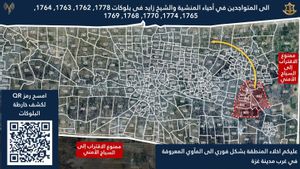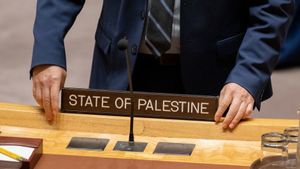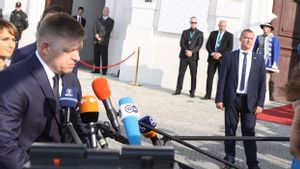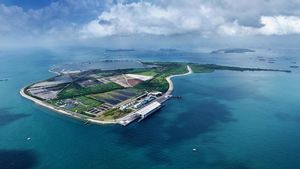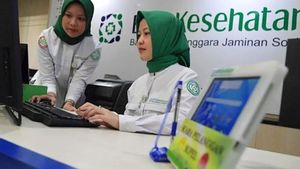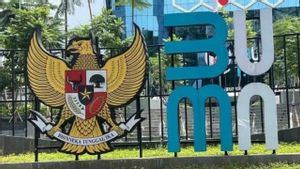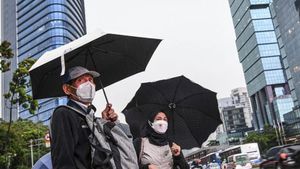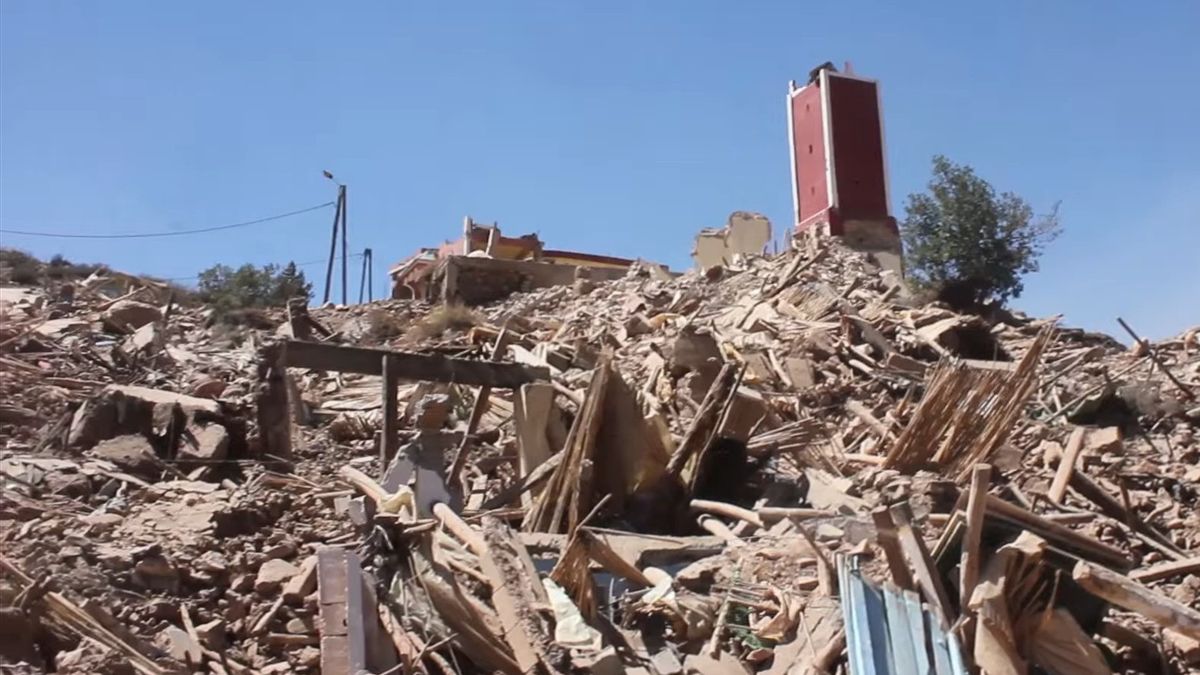
JAKARTA - Rescue teams are racing against time to continue the search for missing people, after a great earthquake rocked Morocco, while those who survived needed food, water and shelter with the death toll now broke through 2,100 people.
Many people spent their third night out in the open after an earthquake measuring 6.8 on the Richter scale occurred on Friday night. Help workers face the challenge of reaching the worst-affected villages in High Atlas, a steep mountain where settlements are often remote and many houses are destroyed.
The death toll increased to 2,122 with 2,421 injured people, state TV reports said.
The Moroccan government has announced three days of mourning, with Mohammed VI calling for prayers for the dead to be held in mosques across the country.
Morocco said it might accept offers of assistance from other countries and would work to coordinate them if needed, according to state TV.
The damage to Morocco's cultural heritage is increasingly evident as local media reports the collapse of a historic 12th-century mosque. The quake also damaged parts of the Old Town of Marrakesh, a UNESCO World Heritage site.
Meanwhile, a resident named Yassin Noumghar (36) complained about a shortage of water, food and electricity, saying that so far the victim had received only a small amount of government assistance.
"We lost everything, we lost the whole house. We just want the government to help us," said Noumghar.
Then, food sacks were unloaded from a truck that local official Mouhamad al-Hayyan said was organized by the government and civil society organizations.
With so many houses built from mud and wood or cement and wind blocks, the building structure is easy to collapse. It was the deadliest earthquake in Morocco since 1960 when the earthquake was thought to have killed at least 12,000 people.
Meanwhile, the mobilized army to assist rescue efforts, set up camps with tents for the homeless. Because most shops were damaged or closed, residents had difficulty getting food and supplies.
The epicenter of the earthquake was 72 km (45 miles) southwest of Marrakesh, a city loved by Moroccans and foreign tourists due to a medieval mosque, palace, and seminary decorated with bright mosaic tiles in the middle of a pink gang-gang chain.
관련 항목:
The government said on Sunday it had prepared funds for communities affected by the earthquake. The government also said it was strengthening the search and rescue team, providing drinking water and distributing food, tents and blankets. The World Health Organization (WHO) said more than 300,000 people were affected by the disaster.
"The next two to three days will be critical to finding people trapped under the rubble," Caroline Holt, global operations director of the Red Cross International Federation and the Red Crescent (IFRC), told Reuters.
Holt added that the international aid system had been waiting for an invitation from Morocco to provide assistance.
The English, Chinese, Japanese, Arabic, and French versions are automatically generated by the AI. So there may still be inaccuracies in translating, please always see Indonesian as our main language. (system supported by DigitalSiber.id)




